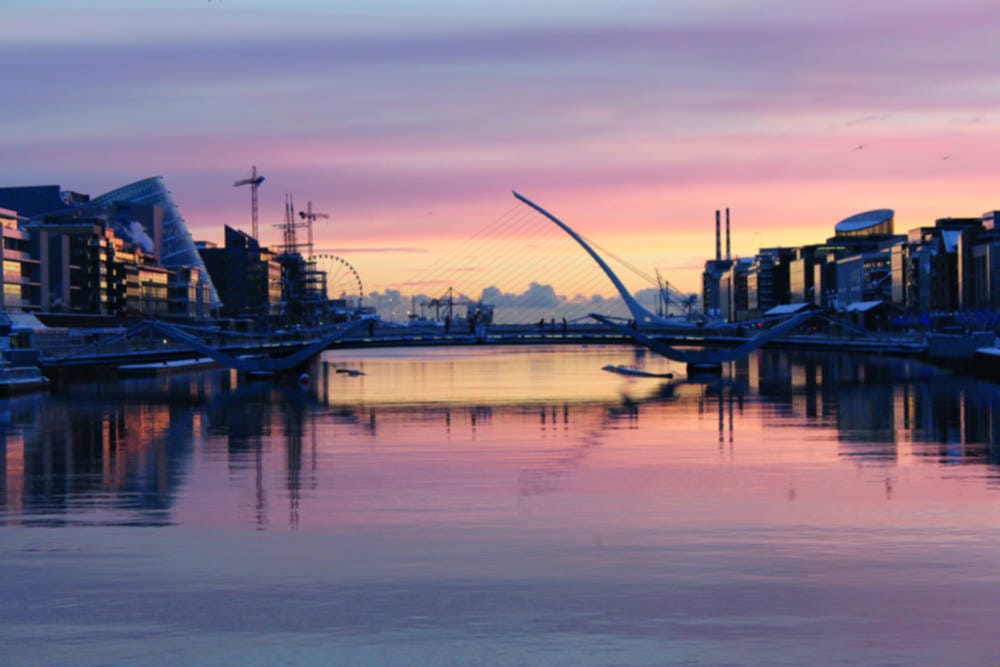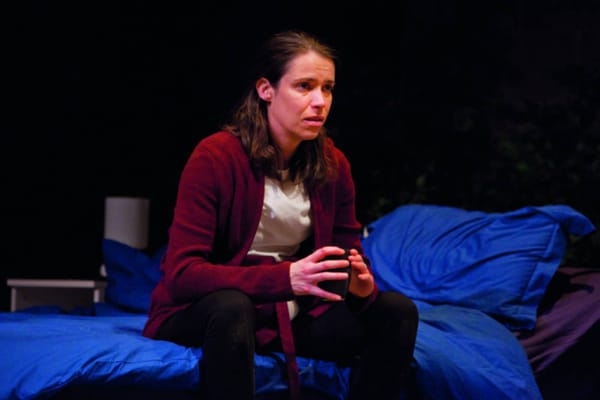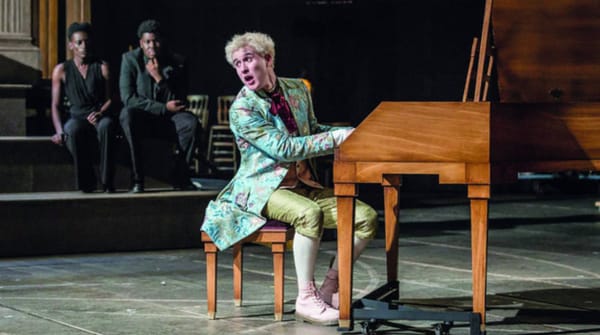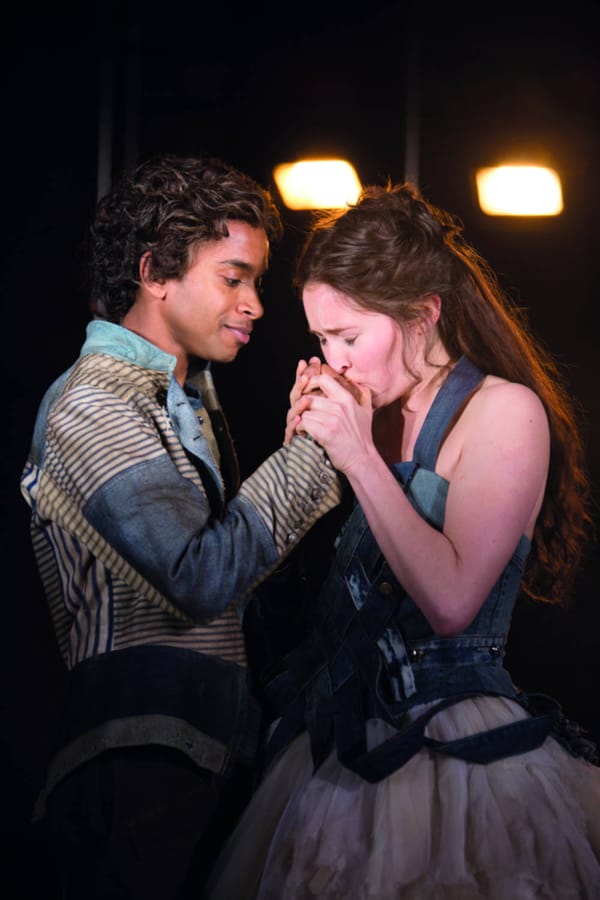James Joyce | Dubliners
Joyce lets us sink into those delicate in-between emotions of melancholy.

James Joyce was a modernist master with game-changing style, literary gonads the size of Dublin and –quite literally–Homeric ambition. Few writers can boast of having drunk with Hemingway, dined with Picasso, and picked a quarrel with Proust. His influence reaches far and wide: people have named everything from rock bands to subatomic particles after his writing. Joyce was something of an enigmatic figure (his last words were “Does nobody understand?”), and the only thing more inscrutable than the man himself was his work. Ulysses was banned for a long time in most of the English-speaking world before being named by critical consensus as "the most important novel in the English language". Finnegans Wake, his masterpiece that took seventeen years to write, has been called "the most colossal leg-pull in literature", and has even been compared to Egyptian hieroglyphics.
Dubliners, his collection of fifteen short stories, is a pioneering work of modernism. Quietly innovative, the collection redefined how stories could be told. In it, nationalism and naturalism blend; instead of a conventional beginning in the thick of it, the stories start long before the action; the climax, rather than a final act of showdown in blazing gunfire is in internal 'epiphany'. The tension and emotion in these small moments of quiet inspection deliver an emotional gut punch that lingers long after the reader has put down the book. The stories are about the largely unremarkable day-to-day lives of the Irish middle class, but despite the banal subject matter, the writing makes Dubliners one of the powerful, and poignant works of literature ever written. Araby, one of the most readable stories in the collection, is a simple tale of a boy who is infatuated with a beautiful but inaccessible girl. Filled with a sense of chivalry and honour, he idolises her as a goddess. Hoping to win her love with a gift, overcoming the obstacles thrown his way, he travels to the exotic, faraway bazaar, Araby. When he arrives, it’s too late; the bazaar has closed. Alone, our protagonist becomes overwhelmed by a sense of the futility of his endeavour. The bubble has been burst. Why is he here? What silly romantic idea has driven him to such a pointless journey? The story ends in this moment of disillusionment.
If it feels like I have given away the plot, worry not. Joyce’s stories are not about the plot, and the climaxes are not about such-and-such happening, rather, they are about nothing happening, about being stopped in one’s tracks in a way that only sudden inaction can bring about. There is no flashy twist-ending, rather, it is almost as if the characters suddenly realise they are mere automatons written into a story, and all their motivations and drives are devoid of any real meaning. It’s a feeling that plagues every one of us now and then, and I feel Joyce taps into this ubiquitous but oft-neglected emotion with greatest accuracy. Very few writers use characters in a story to relate to our own sense of being a character in a story. In nearly every story in Dubliners, the main character undergoes an epiphany of some sort; taking various forms – guilt, embarrassment, disillusionment, disenchantment, frustration, or sheer despondency. The writing is not tragic but melancholic; with this bittersweet, sheer shadow of an emotion, Joyce explores the full range of human feeling. Literature has given us much of the heroic and the tragic, the comic and the joyous. Joyce lets us sink into those delicate in-betweens, those numerous shades of grey that live in-between the black and the white.
Joyce is the master of the subtle understatement. This is something much needed in today’s age of hyperbolic, bombastic Trumpian rhetoric. In a world where platitudes are strewn left, right and centre (mostly right), where everything is “tremendous”, “huge” or “amazing”, I miss Joycean restraint.
Dubliners is actually rather decent.








